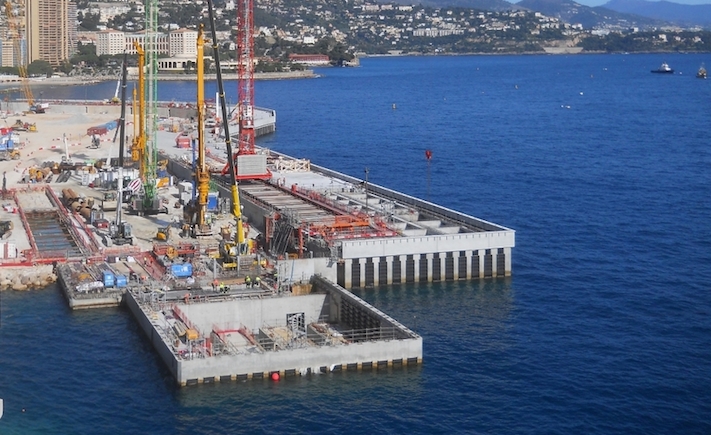
The lead promoter of the Escravos Seaport Industrial Complex project in Delta State, Mercury Maritime Concession Company, has said that Nigeria may lose $27.29bn investment in the project by the end of June.
The Chairman of MMCC, Rear Admiral Andrew Okoja (rtd), disclosed, in a statement on Tuesday, that this was due to the prolonged delay by both the Federal and Delta State Governments to give final approval for the project’s take-off.
Okoja added that investors were ready to commit funds for the commencement of the project.
Recall that EDIB International of Hong Kong had early this year expressed its willingness to invest $27.29bn to develop the ESIC project, whose deep seaport would be located in Escravos (Gbaramatu Island/Omadino) Warri South-West Local Government Area of Delta State.
The project would be carried out through a joint venture partnership with a Nigerian firm, MMCC.
The development of the ESIC project, which commenced in 2019, aims to develop 31,000 hectares of land in Delta State into a deep seaport, crude oil refinery, gas complex, independent power plant, airport, and nature park among others.
Okoja pointed out that the slow pace at which the Federal and Delta State Governments were providing necessary approvals could result in Nigeria missing out on creating job opportunities for its citizens.
“This is apart from boosting the nation’s economy from its present distress state,” he said.
However, he stated that the project promised to massively open up Delta State and seven other states, including FCT, to international investment in trade, commerce, and industry.
“ESIC would transform the Delta State economy and those of ESIC beneficiary states from a rural-driven economy with sprinklings of urban development to a metropolis-driven economy of international dimension,” he added.
According to Okoja, the ESIC is a non-solicited public-private partnership-driven project regulated by the Infrastructure Concession Regulatory Commission Laws of the Federal Government of Nigeria.
“It is modelled after the Lekki Deep Seaport/Free Trade Zone to serve the marine/economic interests of the Niger Delta, eastern and some northern states of the country specifically to solve the perennial port congestion problems in Nigeria,” he elucidated.
He further noted that the ESIC project would complement the ongoing Lagos-Calabar coastal highway.
Okoja stated that the protection sought was a 50-year renewable concession lease, (which must be extended to 99 years for all other infrastructure and land) to build, own, operate, and transfer the ESIC deep seaport free trade zone project, for which the Federal Government’s provisional approval was granted to MMCC in November 2020.
“It is instructive to note that by this deal, the ESIC ownership of the deep seaport would revert to FG at the expiration of the renewable 50-year concession.
“Secondly, it is also consequent upon the May 2022 Delta State Government expression of willingness to lease 31,000 hectares of land located at Escravos and Omadino to MMCC to host the entire ESIC project,” he explained.
He maintained that the project would incorporate the development of road, rail, and marine connectivity approaches to the hinterland destinations to optimise cargo flow.
The retired naval officer stated that what EDIB International Limited was seeking as the development partner and financier of ESIC project was the Presidency’s reconfirmation of erstwhile approval of ESIC project by its previous administration, “confirmation of all privileges of FTZ and capital repatriation of ESIC project, as well an approved letter of comfort to MMCC to enable the financier to release ESIC project funds”.
“We advise the Federal and Delta State Governments to take advantage of these three-week grace period before the expiration of this deadline or else the funds set aside for ESIC would be diverted to other needy African nations,” Okoja pleaded.





